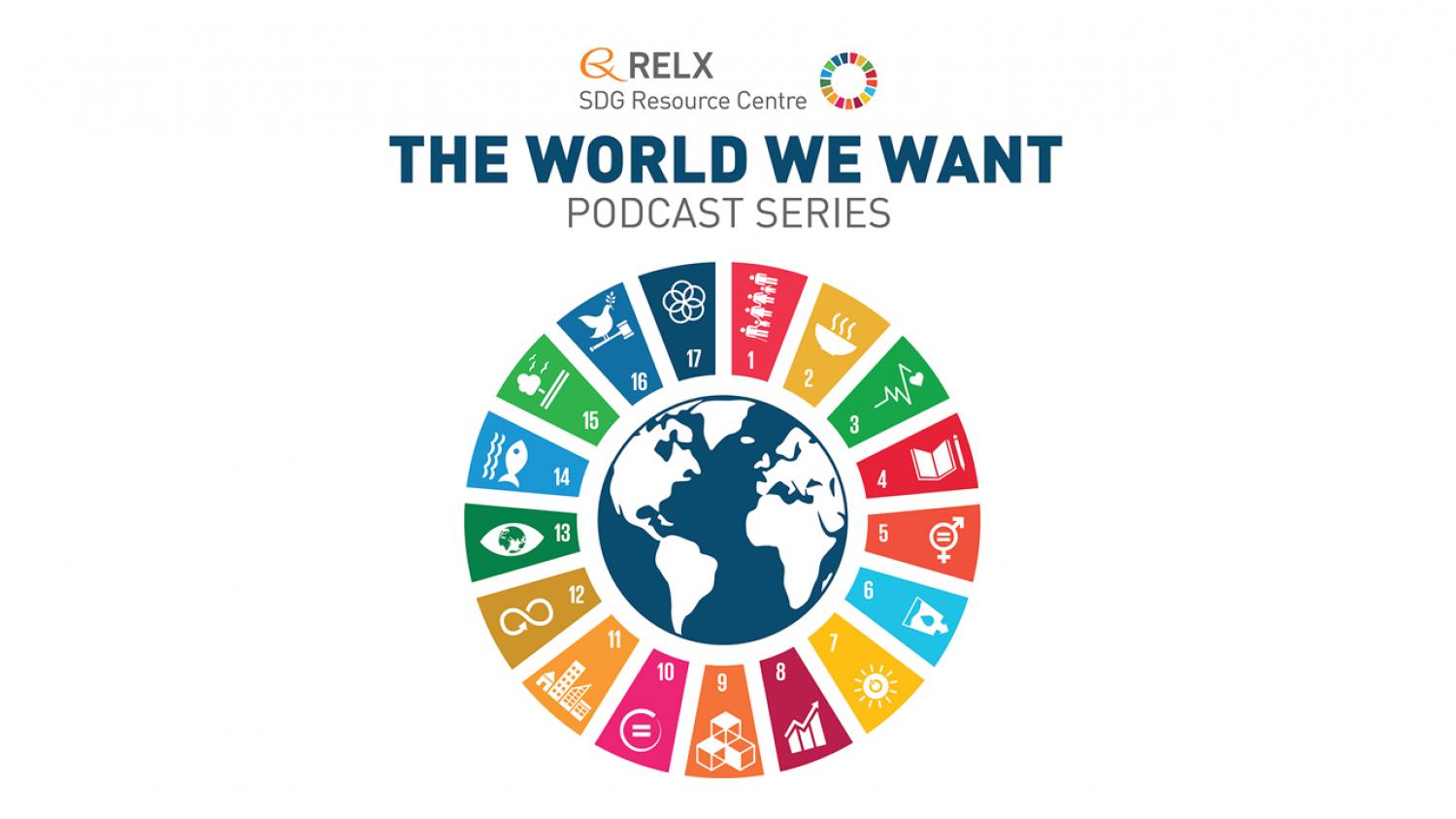In this episode of the "World We Want" podcast, Márcia Balisciano interviews Marco Richter, Global Head of Customer Success, LexisNexis Intellectual Property Solutions. They discuss how businesses and policymakers can leverage intellectual property (IP) frameworks to promote environment-friendly technologies and practices.
World Intellectual Property Day, observed each year on 26th April, is an opportunity to celebrate the contributions made by inventors and creators around the world and to explore how IP contributes to a flourishing of music and the arts and to the technological innovation that helps shape our world.
World Intellectual Property Day 2024 is highlighting the critical importance of intellectual property (IP) in catalyzing the human innovation and creativity needed for achievement of the United Nations Sustainable Development Goals (SDGs). This study provides an overview of the key debates and the recent evidence on the societal role of Intellectual property rights (IPRs).
Intellectual Property (IP) refers to anything that originates in the human mind, including theories, conceptions, discoveries, anecdotes, works of literature. World Intellectual Property Day 2024 is highlighting the critical importance of intellectual property (IP) in catalyzing the human innovation and creativity needed for achievement of the United Nations Sustainable Development Goals (SDGs). This paper discusses the existing IP rights and breakthroughs in the field of IPP research; provides discussions on hardware IP and software IP attacks and defense techniques; summarizes different applications of IP protection; and identifies the challenges and future research prospects in hardware and software IP security.
World Intellectual Property Day 2024 is highlighting the critical importance of intellectual property (IP) in catalyzing the human innovation and creativity needed for achievement of the United Nations Sustainable Development Goals (SDGs). This paper integrates innovation research with intellectual property law to explore how such a systemic collaboration for sustainable innovation should be characterised, and how the intellectual property rights (IPR) system could be shaped to support it. The paper highlights that reaching sustainability objectives depends on system-level innovations; system-level innovation for sustainability calls for new forms of collaboration; current IPR regime limits systemic collaborations for sustainable innovations and new IPR system and tools are needed to facilitate systemic collaboration.


